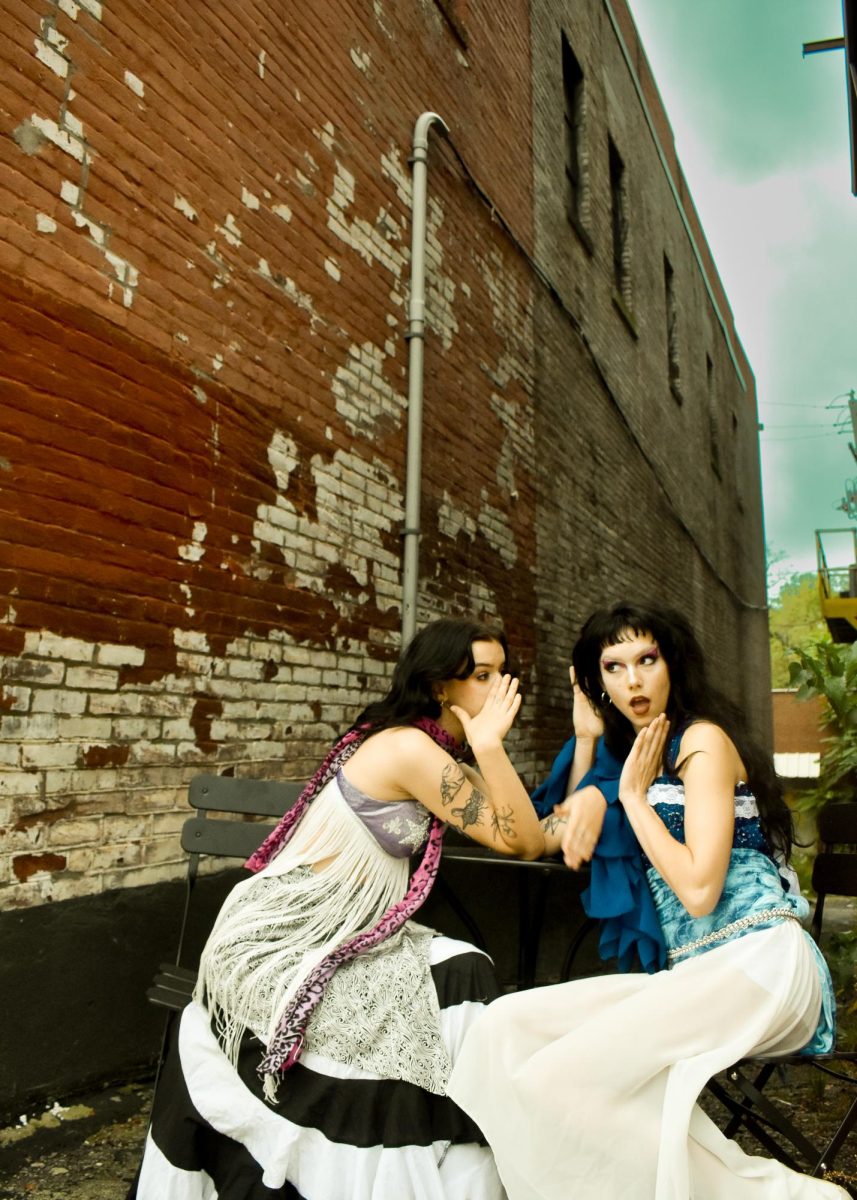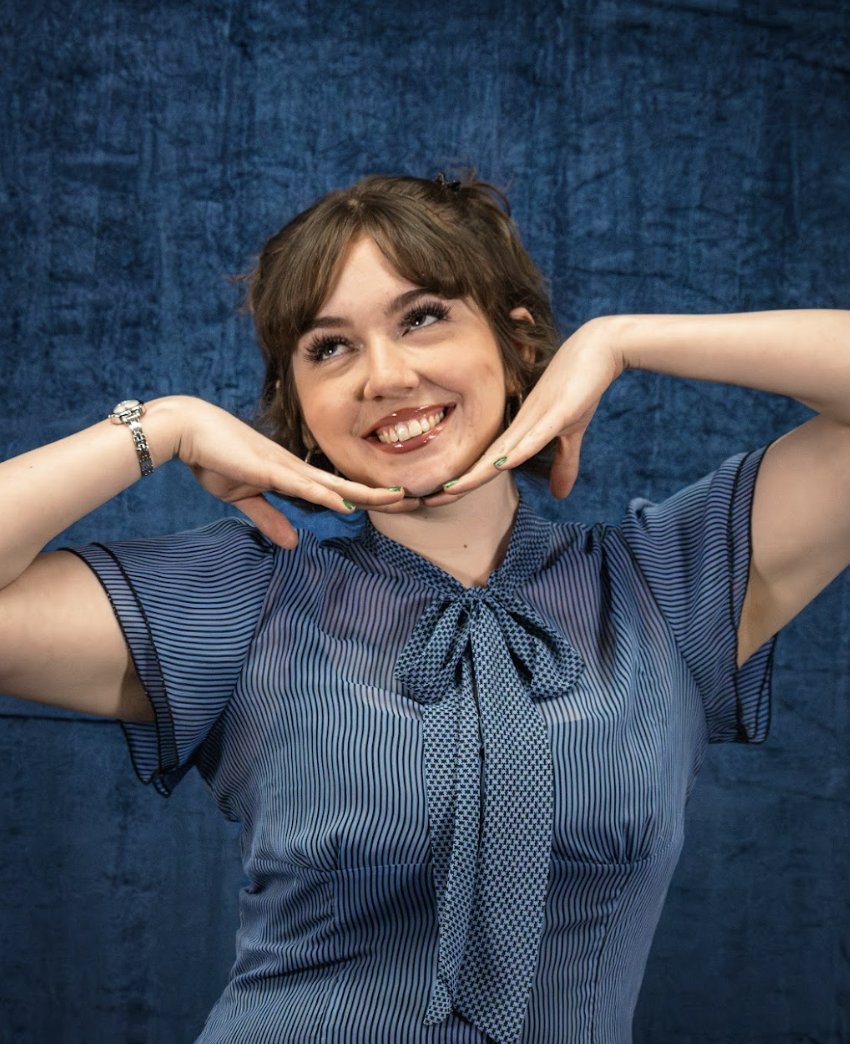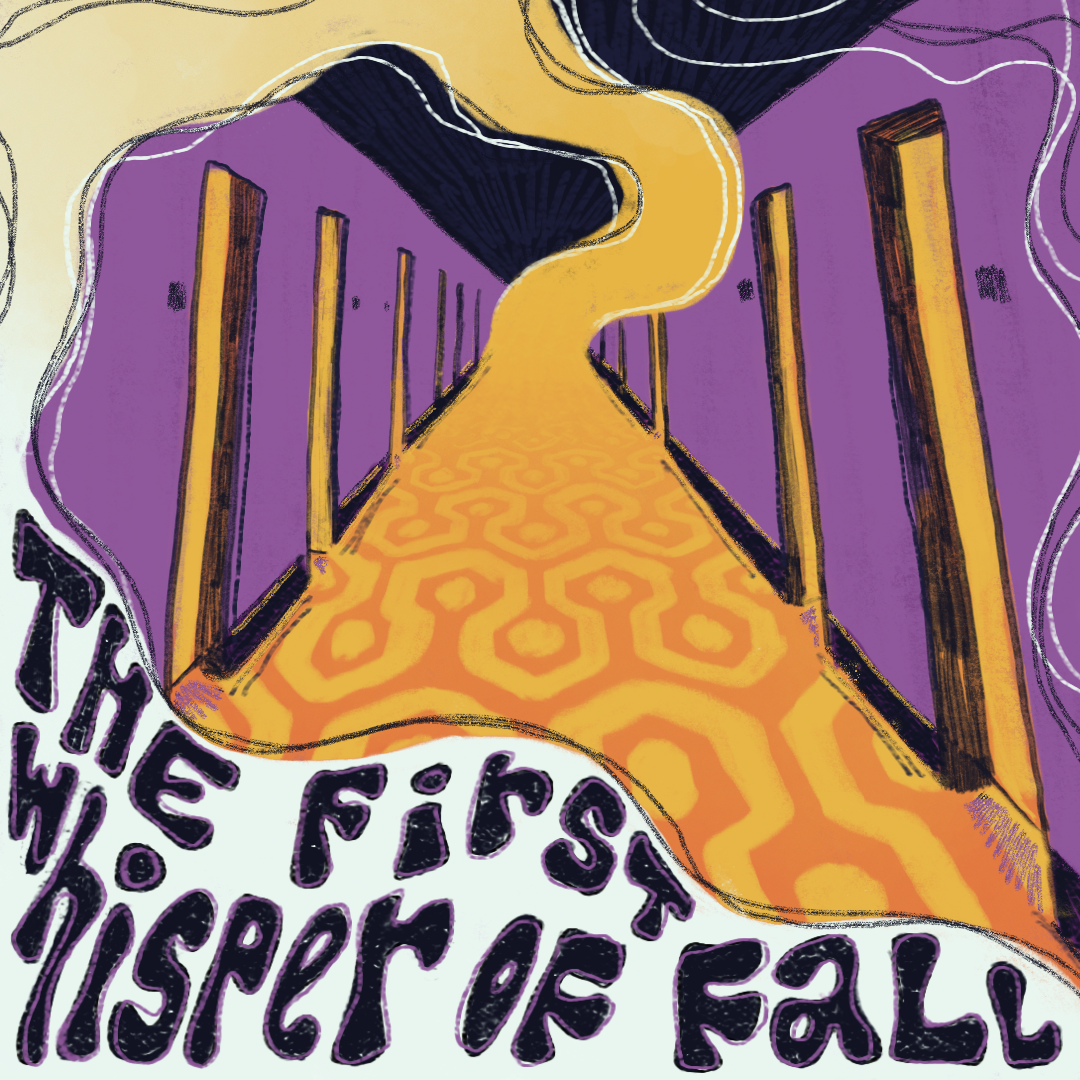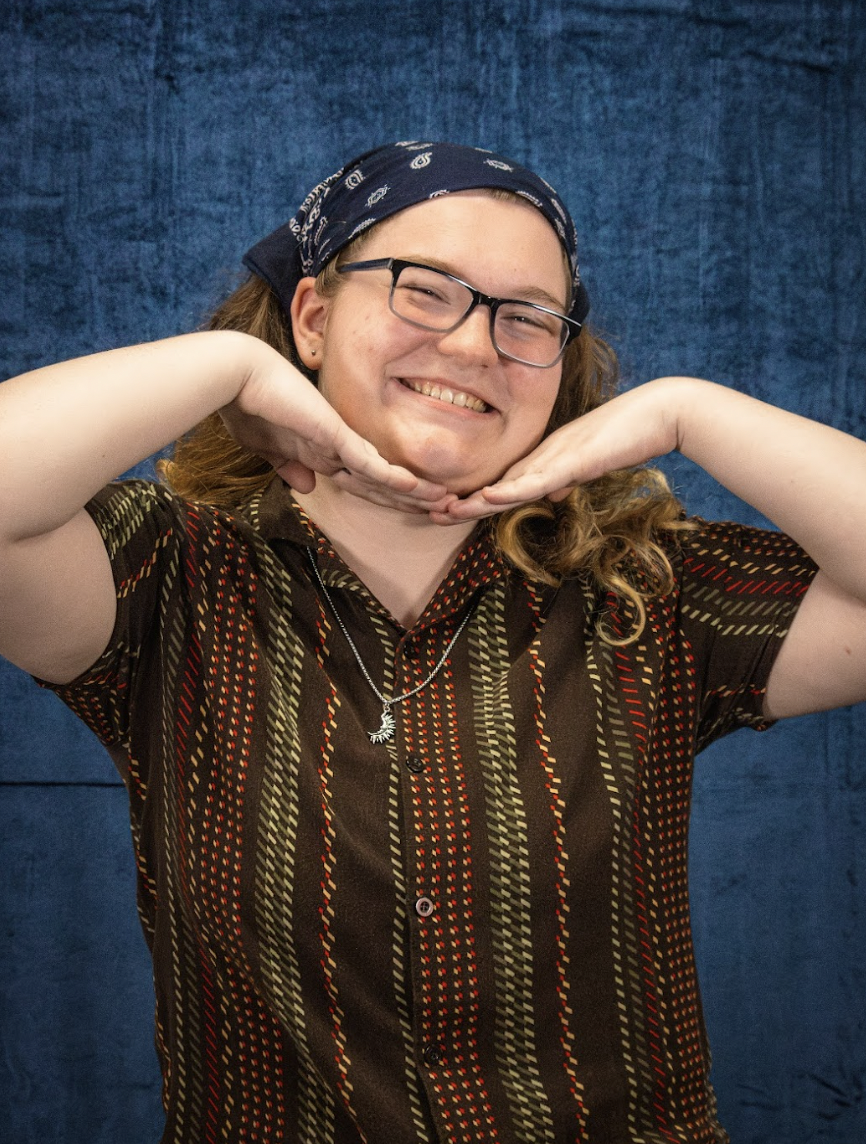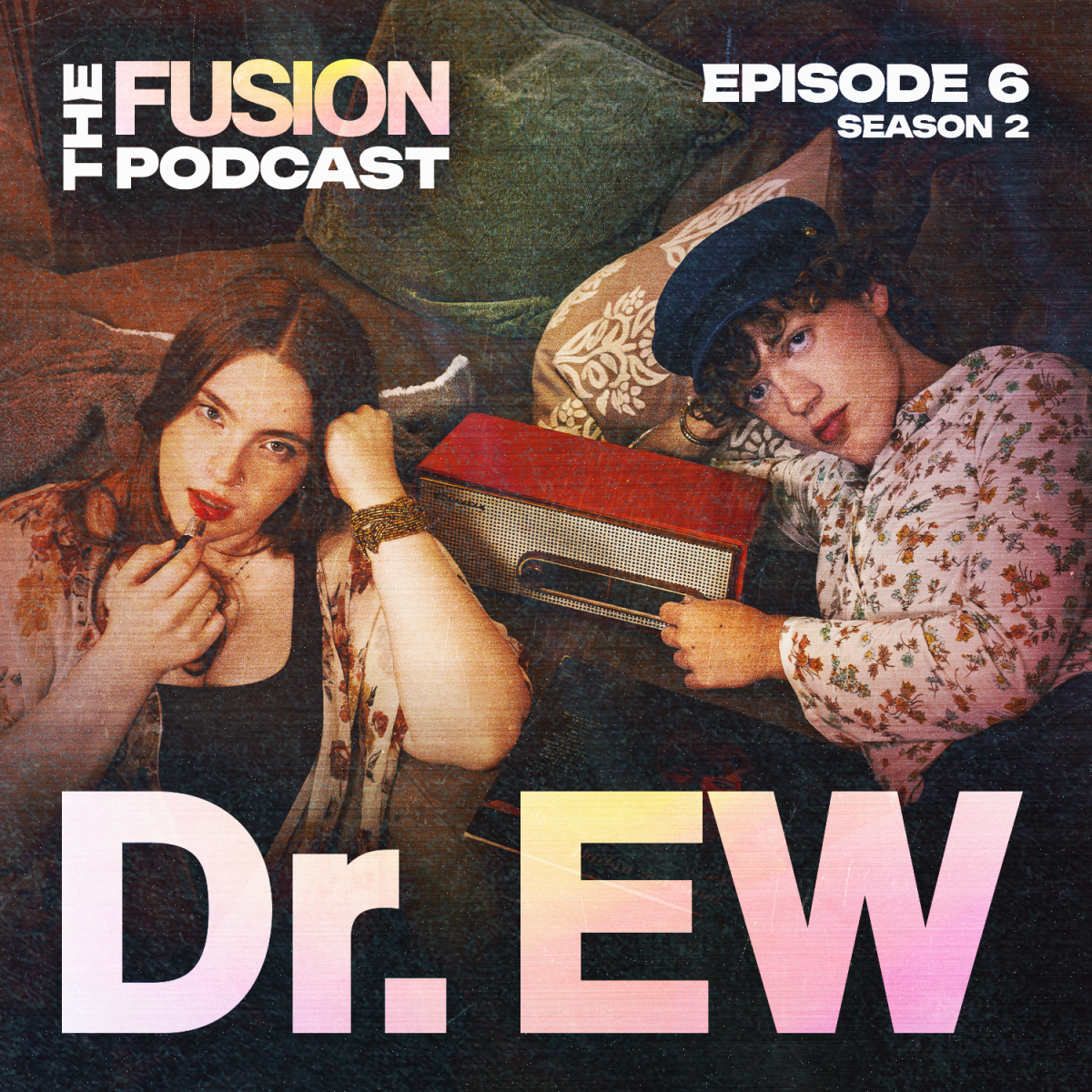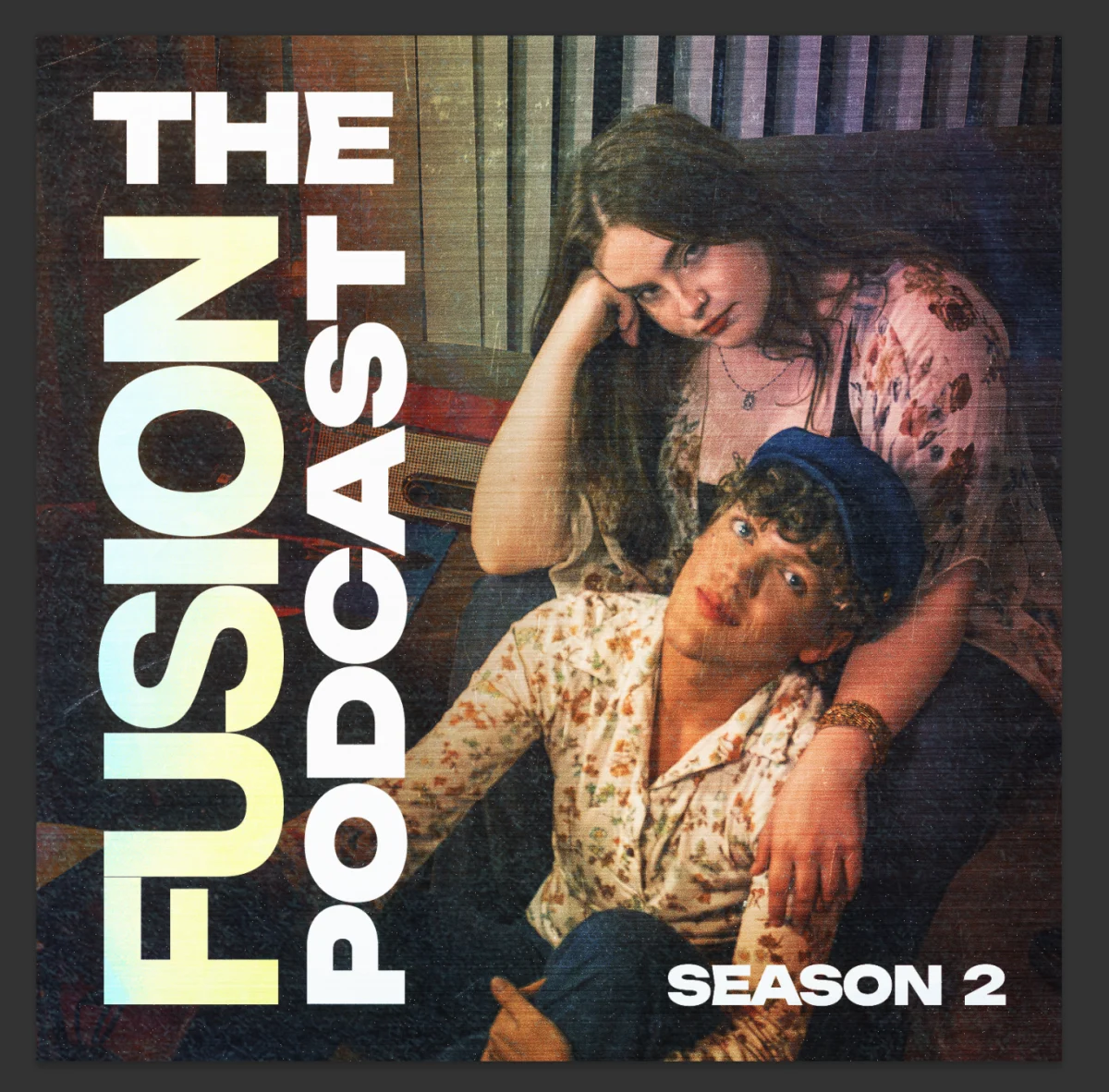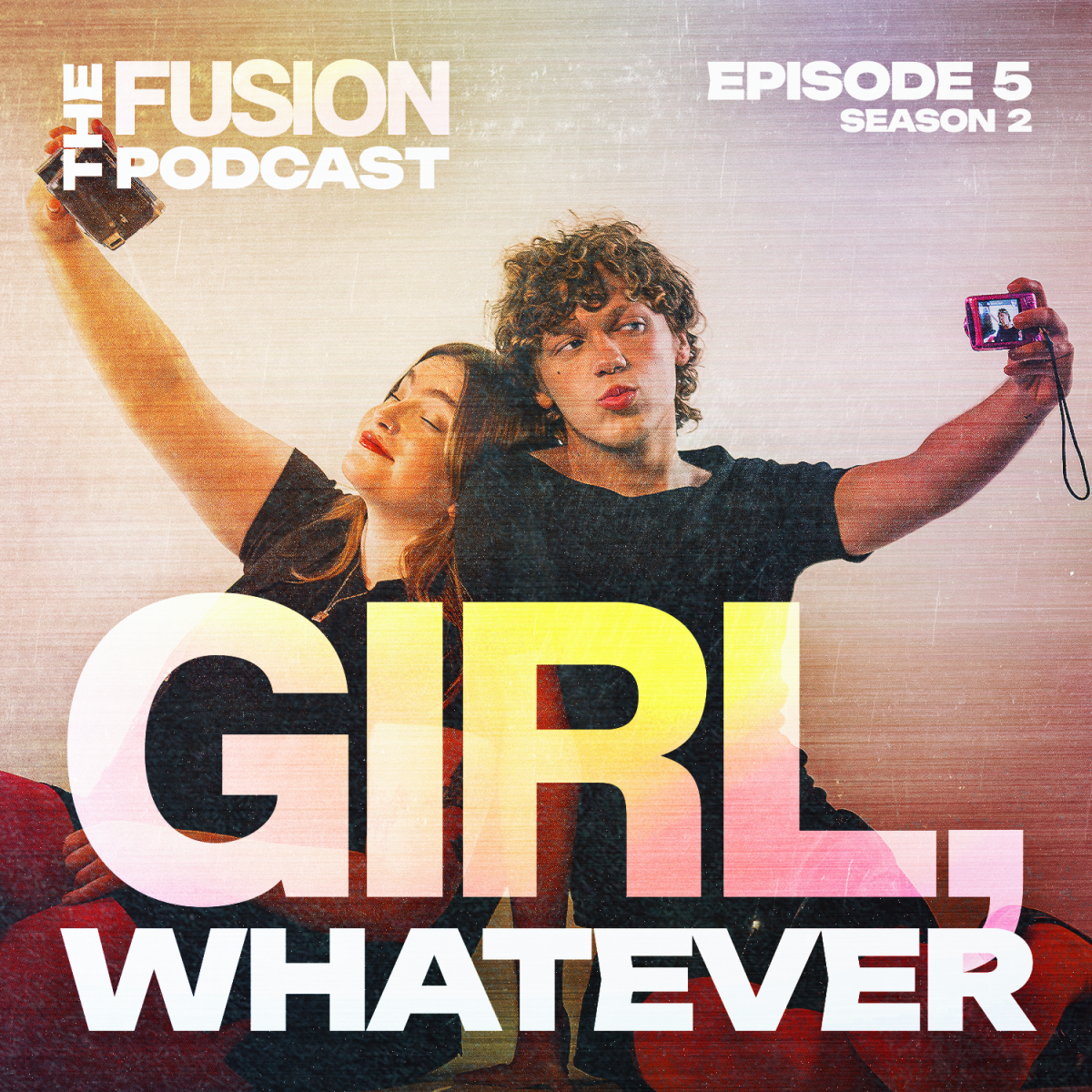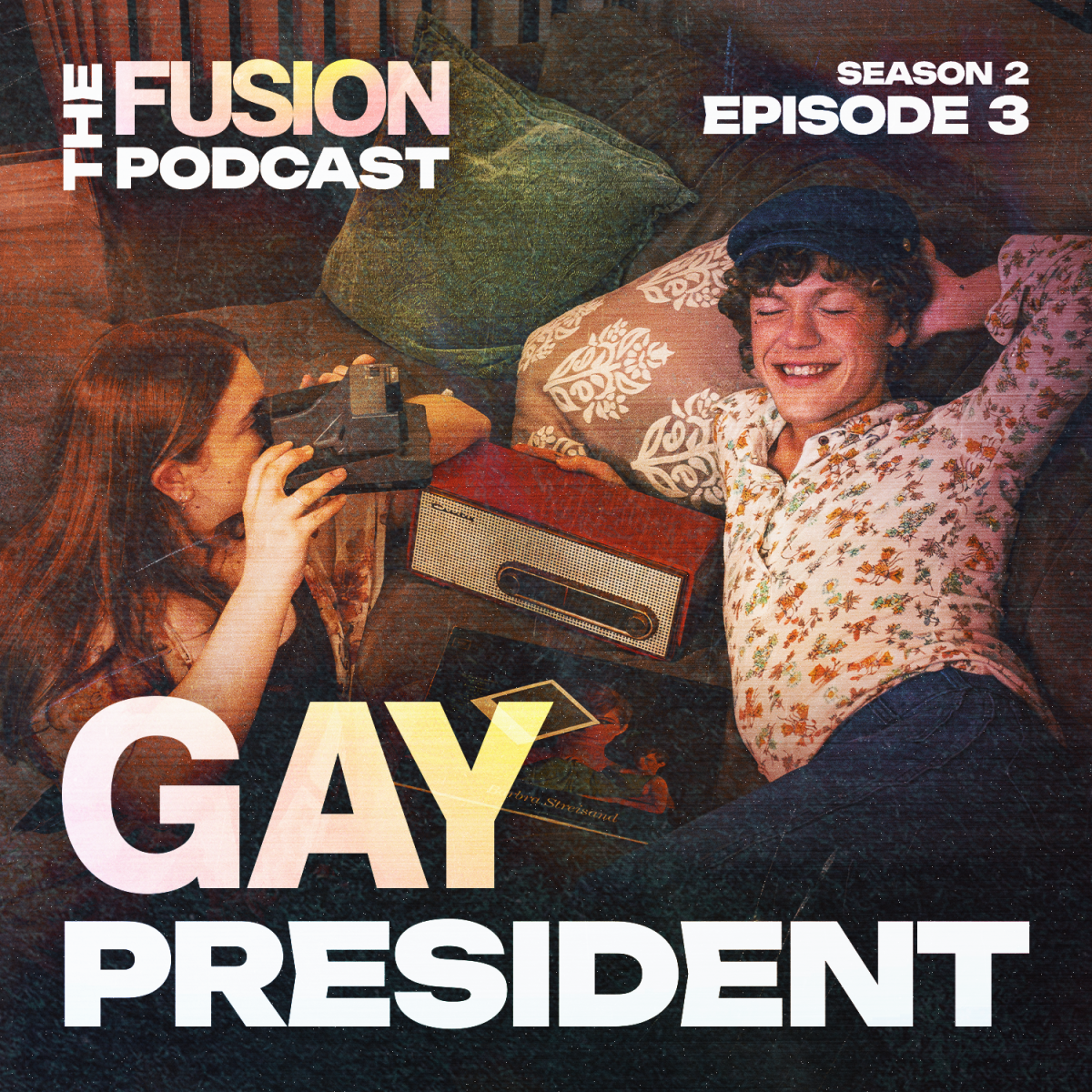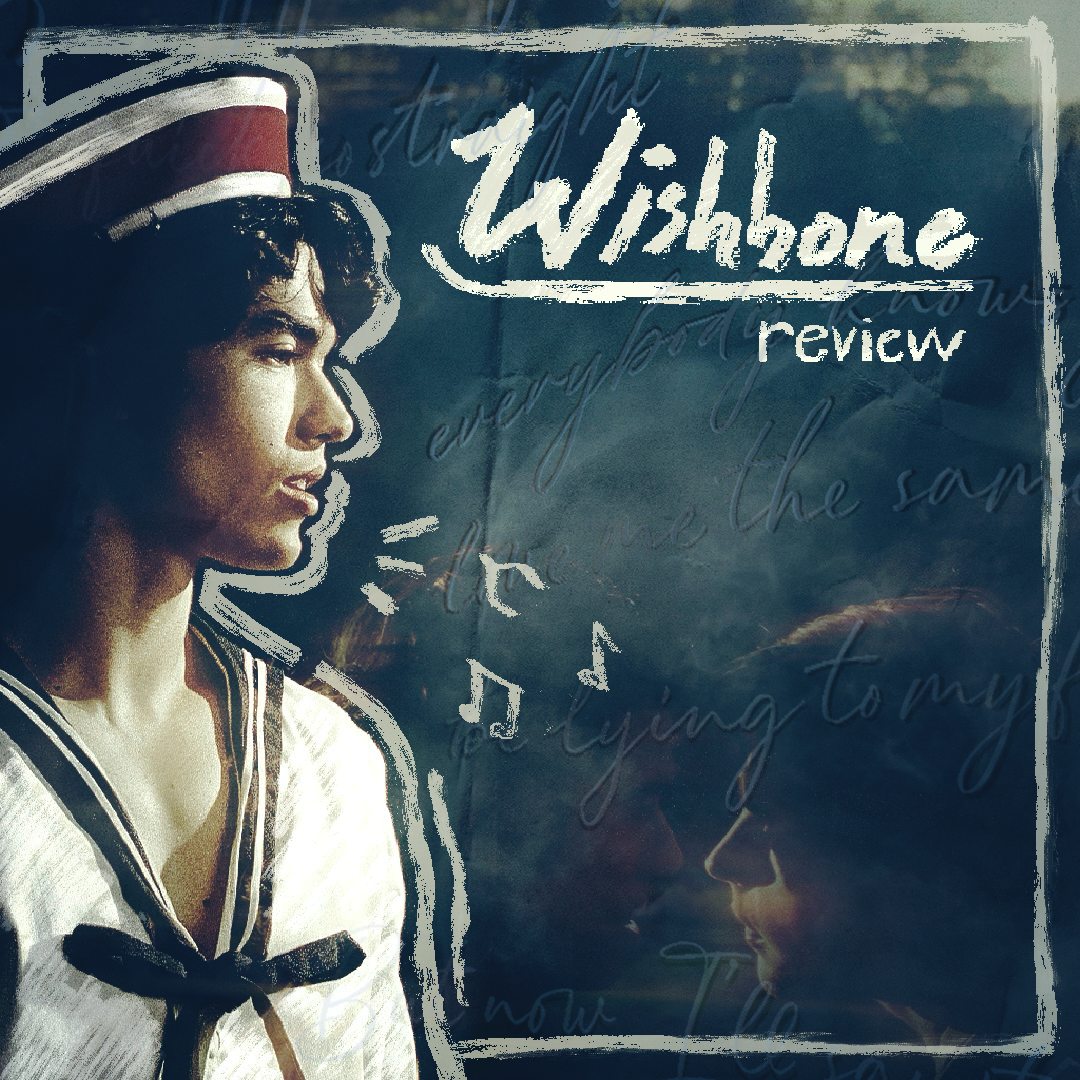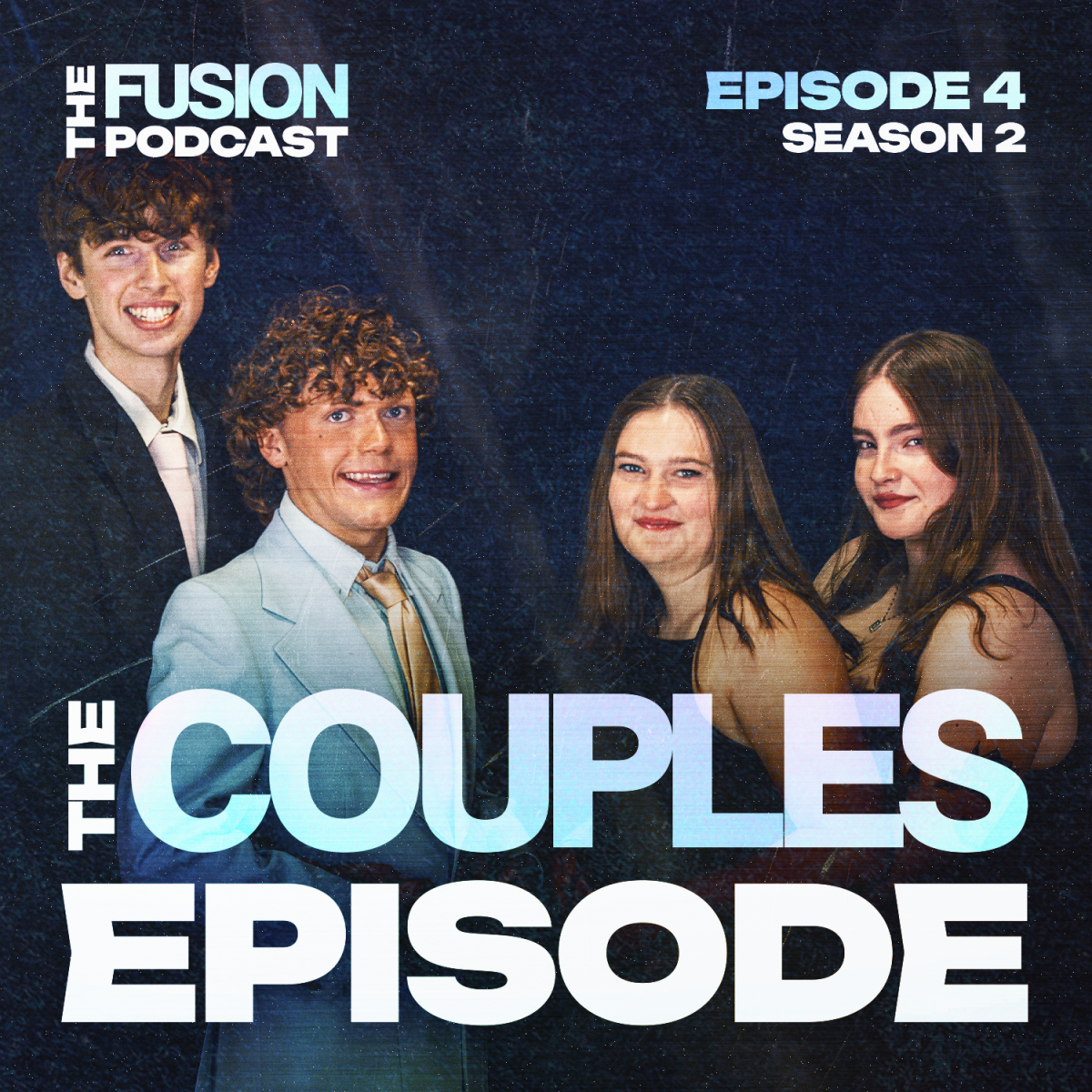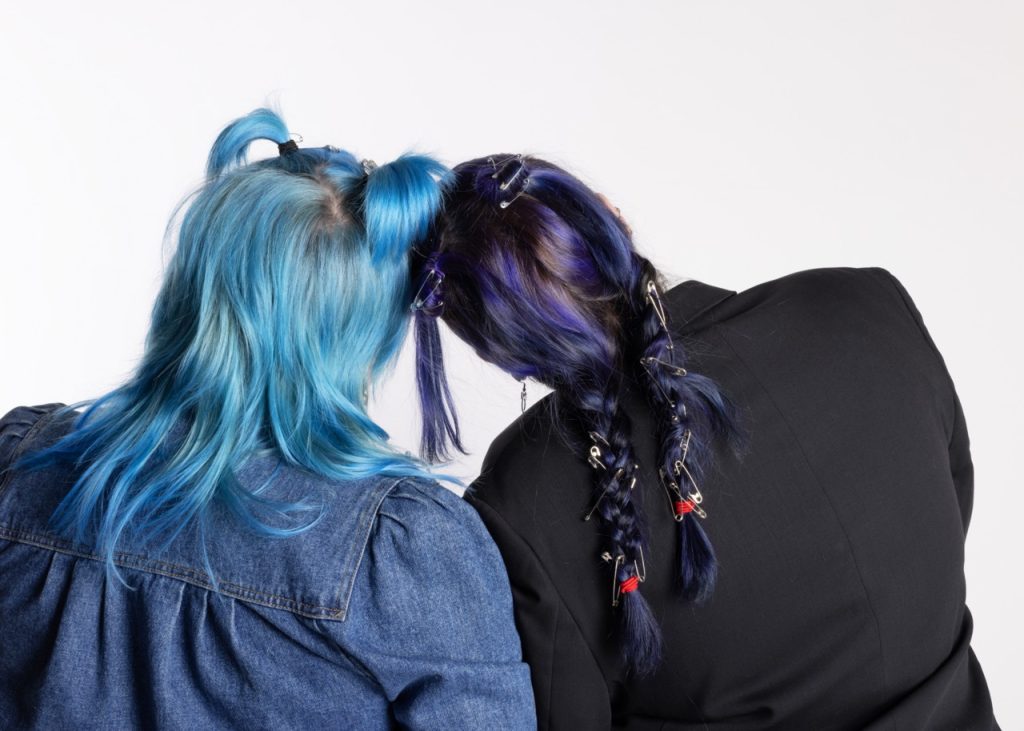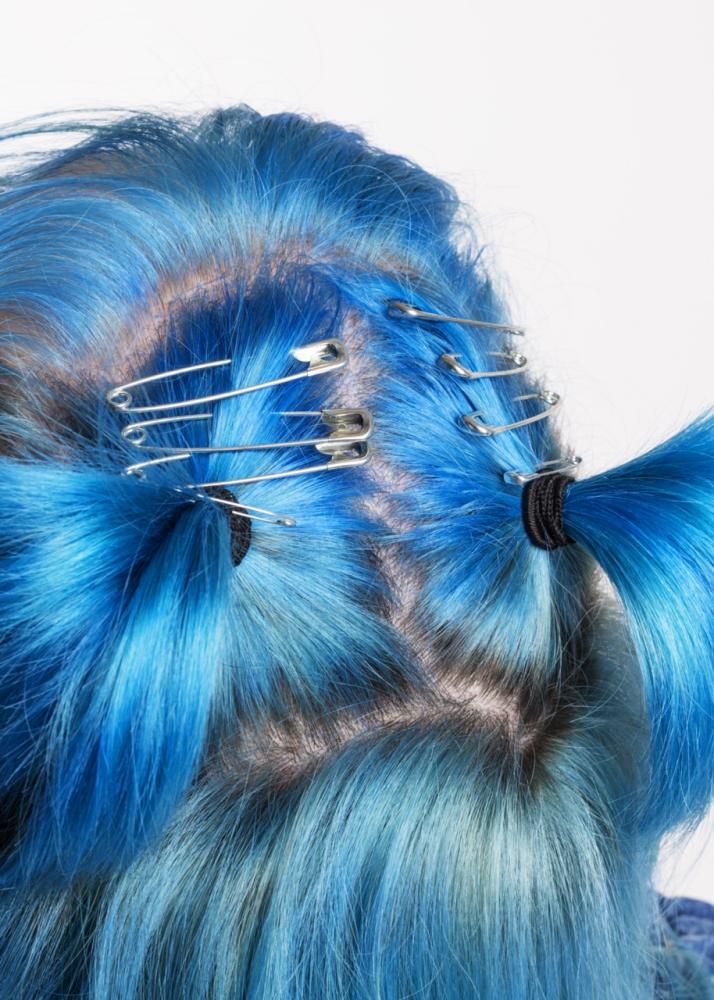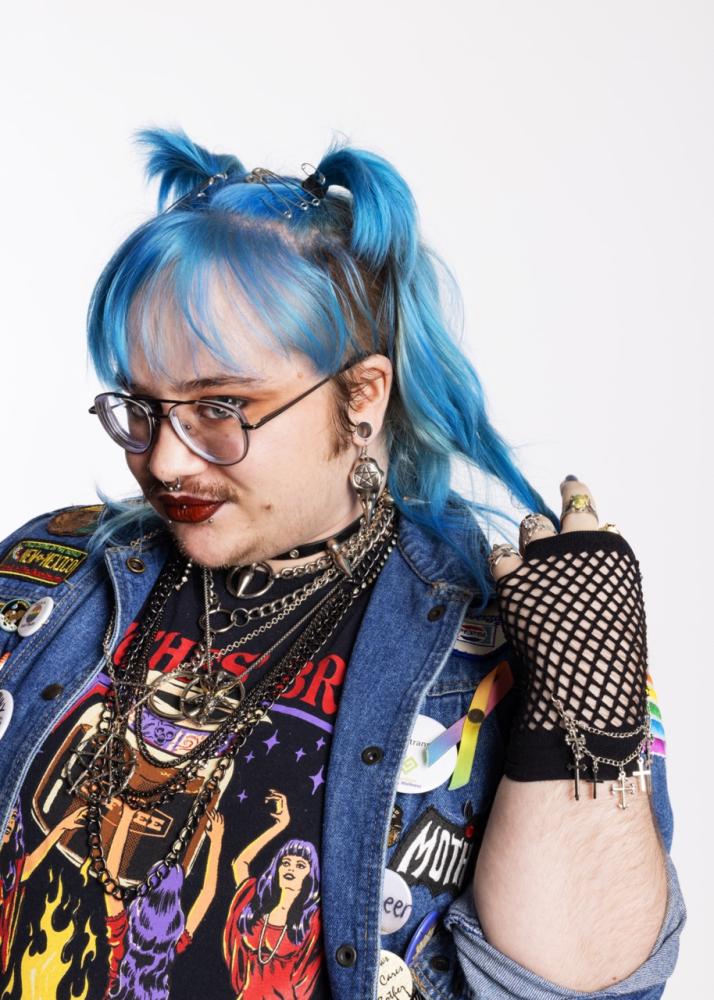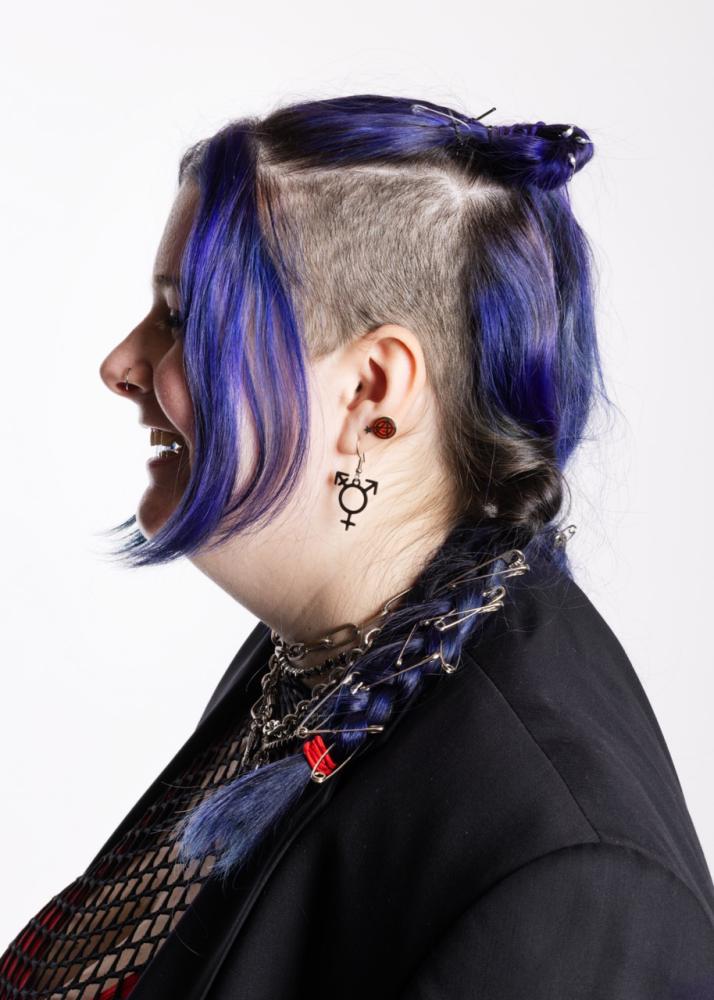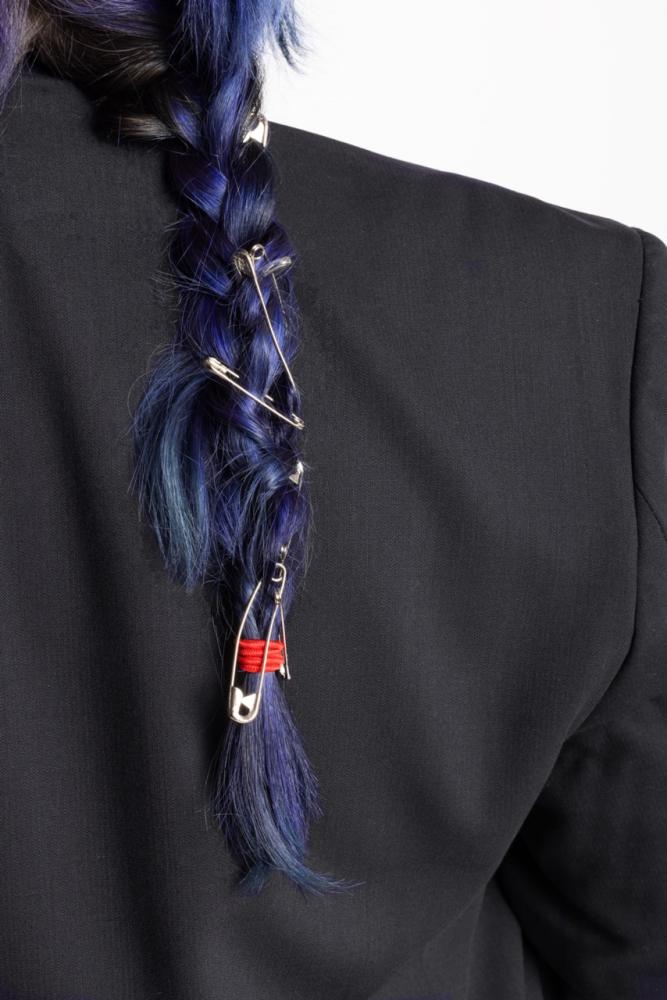Written by Alyssa Coyle and Ivory Herman
Blue-haired liberal, social justice warrior and snowflake are all derogatory terms and phrases used by conservatives to describe their liberal counterparts. “The blue-haired liberal” is one of the far-right’s favorite leftist caricatures, according to Emma Grey Ellis’ research for WIRED.
The term is defined by Urban Dictionary as “a white, left-leaning alternative girl. These girls tend to take everything very seriously and make everything about politics.” The blue-haired liberal stereotype is most often associated with alternative and punk communities. These communities, although linked to things like dyed hair, progressive political views and queerness, are not exclusively for one type of person.
Dyeing your hair unnatural colors such as pink, purple, green or blue does not necessarily communicate your sexuality or political ideologies to the public. However, there are trends in social media that cause people to make connections between hair color and politics.
A recent poll from Axios showed that 43% of Generation Z self-identify as “liberal,” suggesting that Gen Z’s political views are generally more open-minded than previous generations. This open-mindedness usually comes with more self-confidence, or not caring about what other people think. Societal norms are not as important to people who identify as liberal because they’d rather dress for themselves rather than for others.
Chris Wood, a senior biology major at Kent State, said he doesn’t dye his hair because of politics, “I dye it because it is a fun and exciting way to express myself, but it is a perk that that expression has a connotation. I also don’t personally associate myself with the label of liberal. I favor terms like leftist, progressive or socialist.”
Although Wood would rather be called a leftist than a liberal, the blue-haired liberal stereotype would cause many people to assume exactly what his political beliefs are. One cannot assume that Wood is an aggressive, extreme liberal with forward opinions just based on his hair color.
“I do think a good percentage of people who dye their hair any vibrant colors are queer,” Wood said. “However, I don’t think all people who dye their hair vivid colors are necessarily queer, or even necessarily supportive of queer folks. I’ve known staunch conservatives with bright green hair, and extremely queer communists with untouched brown hair. It’s really just a matter of self-expression.”
Society tends to only see the extremes when it comes to political beliefs. If a person is left-leaning, it does not necessarily mean they are fully on the left end of the political spectrum. This is why the blue-haired liberal stereotype is harmful – it draws people to make conclusions about a person based solely on their hair color instead of asking and learning about the person’s political beliefs themselves.
Sofia Rehs, a junior psychology major at Kent State, thinks the blue-haired liberal stereotype has been strengthened by rising conservative legislation. “Politicians like Governor Abbott and Governor DeSantis have continuously made incredibly harmful comments and pushed legislation that is dangerous to marginalized communities,” Rehs said.
“I don’t think the blue-haired liberal has to be part of the queer community, but I have never witnessed one who wasn’t,” Rehs said. “I think the very real marginalization of those in the LGBTQ+ community fuels the fire. They experience very real discrimination, they just come off very strongly when trying to enact change.”
Wood strongly agreed. “It’s hard not to care when it directly affects you,” Wood said. “I’m a gay trans man, so a lot of the ongoing political conversations apply to me and so many of my loved ones, particularly the constant attacks by conservatives on trans healthcare, our right to self-determination, and reproductive rights.”
Besides the fact that the blue-haired liberal stereotype is attached to political views and hair color, the stereotype is also attached to white women specifically. There is a clear disconnect between the blue-haired liberal stereotype and people of color (POC).
“From my perspective, as a queer white woman, blue-haired liberals are often white because POC can’t behave in assertive or aggressive ways and still be listened to,” Rehs said. “They’ve been conditioned by society to keep quiet. They aren’t given the same courtesy of a platform. I absolutely cannot speak on the experience of POC, but this is what I feel like I have observed.”
Wood had similar insights. “My best guess would be the way that the media likes to focus on white activism and feminism as it is more ‘palatable’ to the mainstream,” Wood said. “Intersectionality and Black feminism are seen as less approachable or more ‘radical’ than white feminism, so Black voices tend to get erased and overlooked in sociopolitical conversations when they should be lifted up.”
All stereotypes are harmful. Although some connections can be assumed between people and their hair color, it is never a good thing to assume one’s sexuality or political views based on their appearance.
In short, hair dye does not make someone liberal or queer. Don’t judge a book by its cover — read it instead.

